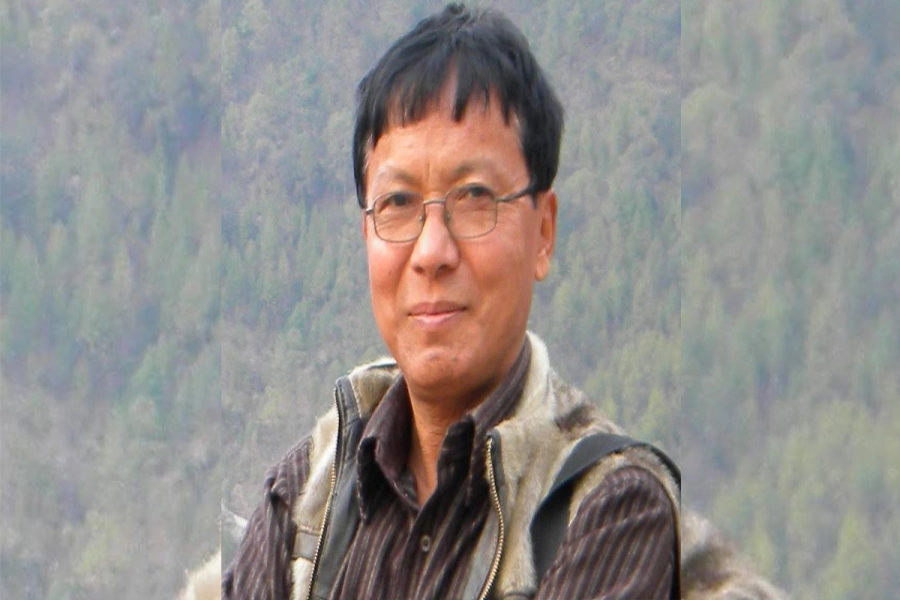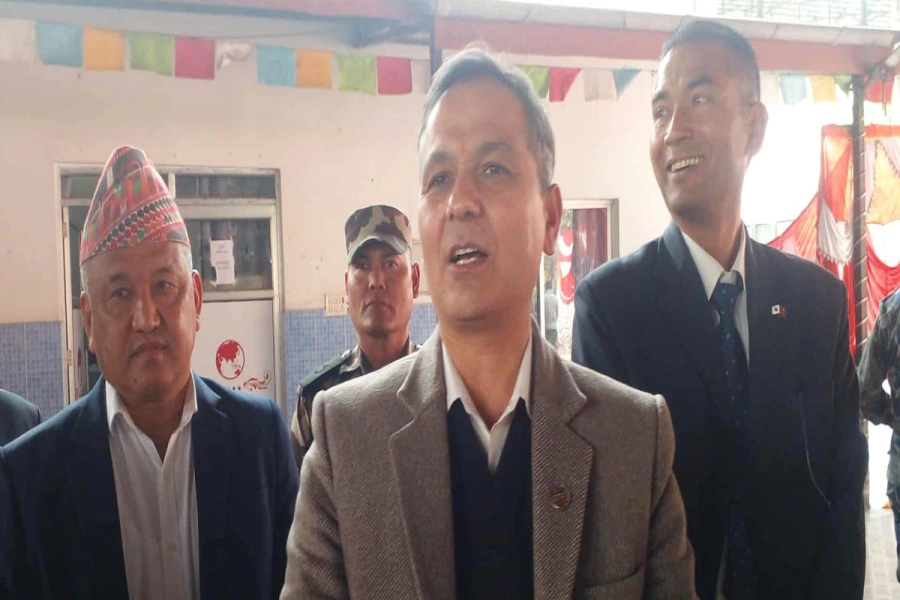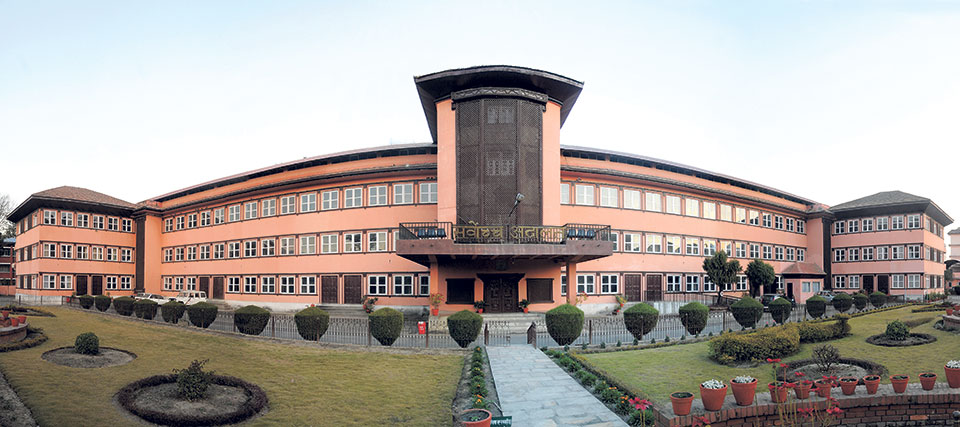KATHMANDU, May 17: Hearings on a petition, filed by the government seeking review of a landmark Supreme Court ruling of 2015 on a transitional justice-related case, was scheduled for Thursday after a years-long hiatus.
The apex court, however, didn't take any decision whether or not to reopen the case that has been pending for four years.
The review petition filed by then chief secretary Lilamani Poudel on behalf of the government requested to let the transitional justice bodies continue working as in the same situation as had been obtaining.
In the 2015 ruling, a full bench of Justices Kalyan Shrestha, Baidhanath Upadhyay and Cholendra Shumsher JB Rana had asked the government not to formulate any law granting amnesty to those involved in cases of serious human rights violation such as rape, murder, torture and disappearance and to meet international standards while drafting transitional justice laws.
SC continues final hearings on Karki case

Dissatisfied with the ruling, Poudel filed the review petition .
The move by the court to schedule hearings on the petition years later has aroused expectations of a decision from the bench which had remained silent for so long. However, the bench was indecisive on Thursday also. The court hasn't scheduled another date to decide whether or not to reopen the case and conduct the hearings .
Conflict victims are watching the new development with caution because any decision can mean a lot for them. Some conflict victims have been fighting unrelentingly against any general amnesty for serious human rights violations.
The transitional justice issue has re-entered the courts at a time when the two crucial TR commissions are without commissioners and the government is revising the transitional justice laws before appointing any new officials .
Two of the justices on the bench at the time—Shrestha and Upadhyay—have already retired while Rana is now chief justice.
Since the row over amnesty had been settled by a full bench, if the case is to be dealt with now it should be by an extended larger bench that includes the chief justice, said lawyers.
But since Chief Justice Rana has already been a party to the verdict over the case, he cannot join the extended larger bench. Involving a judge in an extended bench is considered conflict of interest if he or she has already previously issued a verdict on the case in question .
Conflict victims and lawyers knowledgeable about transitional justice matters suspect that the case is being revived in a maneuver to grant amnesty to serious human rights violators.



































